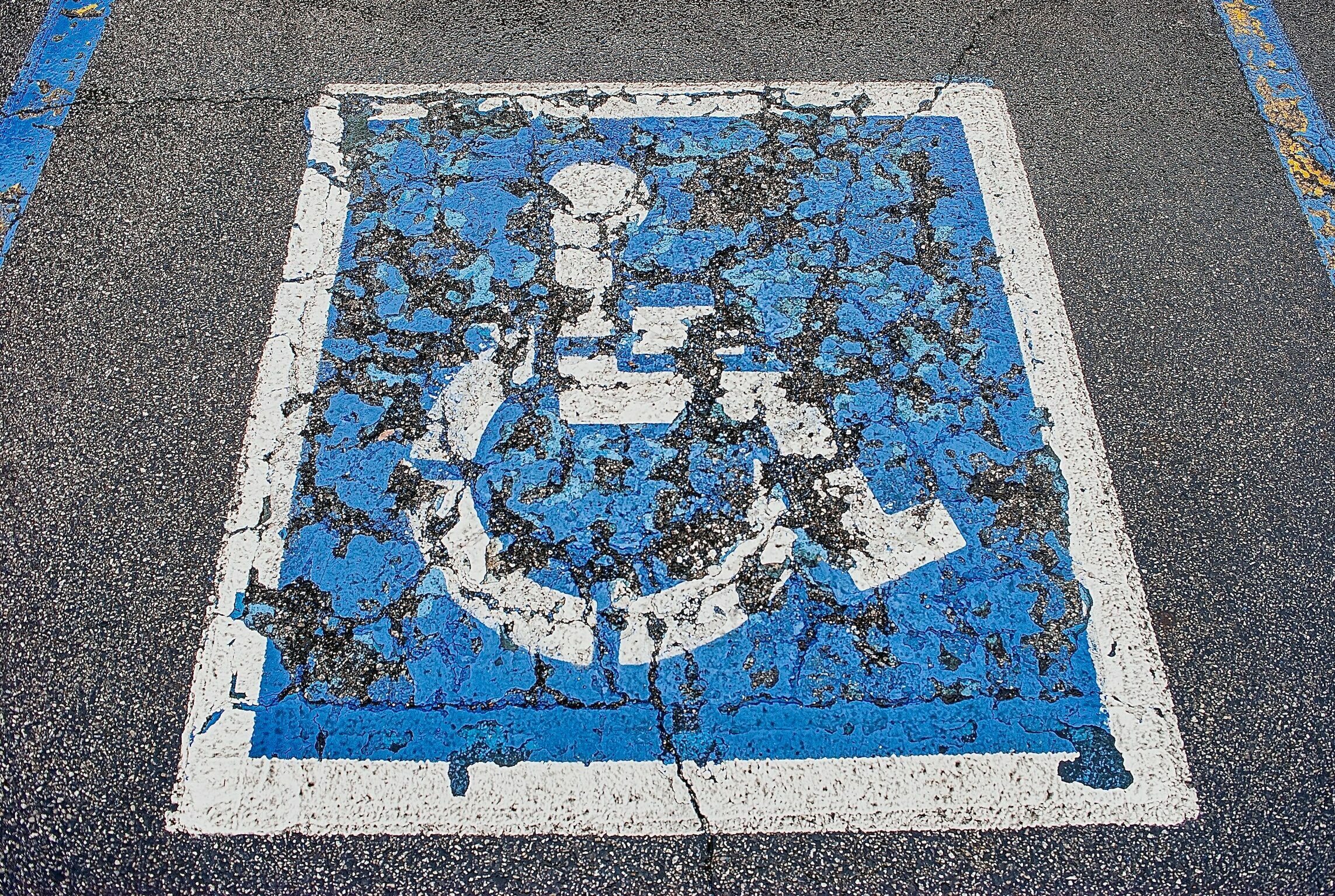Human Rights for Persons with Disabilities
The fundamental and human rights situation of persons with disabilities in Austria still does not comply with the provisions of the UN Convention on the Rights of Persons with Disabilities.
Under the title “Implement human rights for people with disabilities – NOW!”, the Austrian Council for People with Disabilities is calling for a demonstration on Wed, 28 September 2022. On this occasion, the Ludwig Boltzmann Institute for Fundamental and Human Rights points out that the fundamental and human rights situation of persons with disabilities in Austria still does not comply with the provisions contained in the UN Convention on the Rights of Persons with Disabilities.
Almost exactly 14 years ago – on 26 October 2008 – the United Nations Convention on the Rights of Persons with Disabilities (UN CRPD) entered into force in Austria. The UN CRPD has the potential to break down social barriers and to realize the inclusion of persons with disabilities as self-determined subjects in society. However, efforts to date in this regard in Austria have been very slow. People with disabilities are still excluded from full participation in all areas of society. Political strategies implemented so far to implement the Convention have fallen short of expectations.
One example of the shortcomings to date is the area of employment. The employment figures of persons with disabilities in Austria are still clearly below average. Tens of thousands of people with disabilities in Austria are also denied access to the regular labour market. Due to a medically diagnosed “ability to work” of less than 50 percent, their only option is to go to day workshops, where they work for pocket money (depending on the province, between 5 and – “in very rare cases” – 200 euros per month) and are not covered by pension, health or unemployment insurance, or to withdraw completely from the world of work. This circumstance is in sharp contradiction to the UN CRPD and has already been criticised in detail by the Ombudsman Board.
The situation has been further aggravated by the Covid 19 crisis, in the course of which the fundamental and human rights of persons with disabilities have been disproportionately curtailed in many areas. For example, people living in institutional forms of housing have had their liberties particularly severely curtailed. The switch to distance learning and teleworking also brought new barriers for many persons with disabilities. The sometimes limited availability of health and social services also meant that people with disabilities often did not receive the support they needed to live self-determined lives during the pandemic. Especially at the beginning of the pandemic, the life situation of people with disabilities was not sufficiently addressed and stakeholders were not or not sufficiently involved in decision-making.
As the above examples show, the implementation of the UNCRPD in Austria has been slow in many respects. In order to change this situation, an ambitious inclusion policy is necessary, for which corresponding financial resources must also be made available.
The full version (in German) of this abridged statement is available in the download area.
